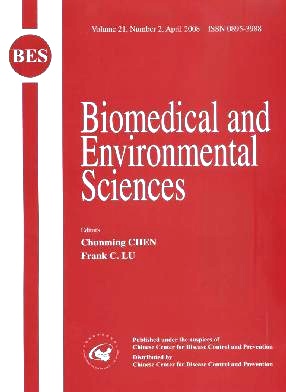Biodegradation of Tetrachlorothylene Using Methanol as Co-metabolic Substrate
-
Key words:
- Tetrachloroethylene /
- Anaerobic cometabolism /
- Biodegradation
Abstract: Objective To investigate the biodegradation of tetrachloroethylene(PCE using methanol as electron donor by acclimated anaerobic sludge.Methods HP-6890 gas chromatograph(GC),together with HP-7694 autosampler,was used to analyze the concentration of PCE and intermediates. Results PCE could be decholrinated reductively to DCE via TCE,and probably further to VC and ethylene.The degradation of PCE and TCE conformed to first-order reaction kinetics.The reaction rate constants were 0.8991 d-1and 0.068 d-1,respectively,and the corresponding half-life were 0.77d and 10.19 d,respectively.TCE production rate constant was 0.1333 d-1.showing that PCE was degraded more rapidly than TCE. Conclusion Methanol is an electron donor suitable for PCE degradation and the cometabolic electron donors are not limiting factors for PCE degradation.
| Citation: | QI YANG, HAI-TAO SHANG, HUI-DI LI, HONG-BO XI, JIAN-LONG WANG. Biodegradation of Tetrachlorothylene Using Methanol as Co-metabolic Substrate[J]. Biomedical and Environmental Sciences, 2008, 21(2): 98-102. |







 Quick Links
Quick Links
 DownLoad:
DownLoad: